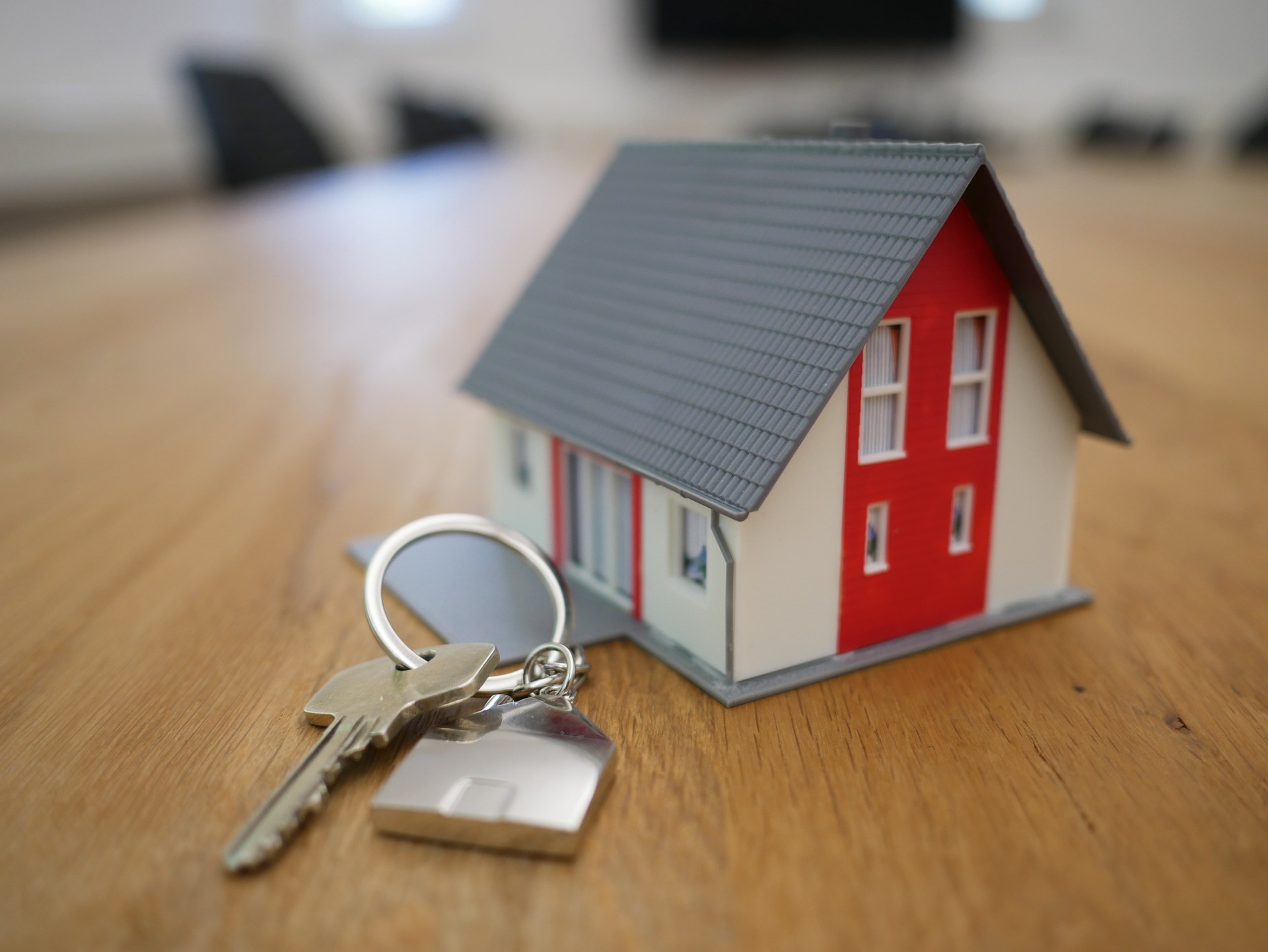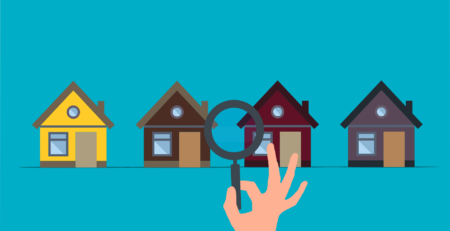Buying Your Rental Home From Your Landlord
If you’ve been renting a property for some time and have come to love where you live, you might be wondering if there’s a way to make it your permanent home. The good news is, in the UK, buying your rental property from your landlord is not only possible but can also offer several advantages to both you and the landlord.
For tenants, purchasing a property you’re already familiar with eliminates much of the guesswork involved in the home-buying process. You know the house’s quirks, its strengths, and the community it sits in. But how do you go about buying the property you’re renting? And what should you consider before making such a move? This article covers everything you need to know about buying your rental property from your landlord, from understanding your position as a tenant to exploring financing options.
So, let’s dive in and see how you can make your rental house your forever home.
The Tenant’s Buying Journey: How It Works
The concept of buying your rental property is pretty straightforward: you approach your landlord with an offer to purchase the house, and if they’re open to selling, you can begin negotiations.
The process tends to be smoother because there’s already a relationship established between the tenant and the landlord. But the first step is critical: have an open conversation with your landlord about the possibility of purchasing the property.
Is the landlord selling?
Landlords may sell properties for various reasons—sometimes they want to liquidate assets, reduce their rental portfolio, or move on to new ventures. It’s worth asking if your landlord has considered selling the property. If they are willing to sell, this could set the wheels in motion for the transaction to happen smoothly.
Sitting tenants have an advantage
If you’re living in the property, you’re known as a “sitting tenant.” Being a sitting tenant can sometimes give you an upper hand in negotiations because landlords often prefer to sell to someone who’s already familiar with the property. For them, this can mean avoiding the hassle of marketing the property and potentially losing rental income while waiting for a buyer.
While there’s no legal obligation for landlords to sell to their tenants, many are willing to consider the option, especially if it benefits both parties financially. As Jamie Johnson, CEO of FJP Investment, put it, “Selling a property to a sitting tenant can be a win-win situation—both parties already know the property inside out, and it can save time and money on both sides.”

Advantages of Buying Your Rental Property
Buying your rental property comes with several perks that can make the process not only practical but also financially beneficial.
- Familiarity with the property
As the current tenant, you have already lived in the property, so you know it inside out. You won’t be surprised by unexpected repairs or issues that might otherwise pop up when buying an unfamiliar home. This also allows you to make a more informed decision and feel confident about your purchase.
- Potential for a discount
One potential advantage is that landlords may offer the property at a lower price to you compared to the open market. This can happen for several reasons. Firstly, they don’t need to hire an estate agent, saving them fees, and secondly, it reduces the risk of vacant periods during which they might lose rental income. Some landlords might even offer a rent-to-buy agreement where a portion of your rent goes towards the purchase price .
- Less competition
When buying on the open market, you’re often in competition with other buyers, which can drive up the price. However, when purchasing directly from your landlord, you sidestep this, potentially avoiding bidding wars and added pressure.
- Easier transition
Buying the property you already live in makes moving as stress-free as possible. You won’t need to worry about packing up your life and relocating, and you’ll already have your utilities and services set up. This convenience can save you both time and money.
Challenges You May Face
While there are clear advantages, buying your rental property from your landlord also comes with potential challenges.
- Landlord may not want to sell
Even if you’re interested in purchasing, your landlord may not be ready or willing to sell. They might be satisfied with the steady rental income or have long-term plans for the property. In this case, it’s important to respect their decision but also consider other options, such as continuing to rent or looking for a similar property elsewhere.
- Property price negotiations
Just because you’re a sitting tenant doesn’t mean that your landlord will automatically give you a discount. In some cases, landlords may want to maximise their profit and might not offer the property for less than its market value. Be prepared to negotiate and seek advice from a property expert to ensure that you’re paying a fair price .
- Financing the purchase
Arranging financing can also be a challenge. You might need to shop around for a mortgage that suits your circumstances. While some lenders offer products specifically designed for sitting tenants, it’s not guaranteed, and you’ll need to meet the usual criteria for affordability and creditworthiness.
Financing Options for Tenants
Once you’ve agreed with your landlord to purchase the property, the next big hurdle is financing. Here’s a breakdown of the main options available:
- Standard mortgage
If you have enough saved for a deposit, you can apply for a standard mortgage. The deposit required will typically be around 5-10% of the property value. However, some lenders might offer specific mortgages designed for tenants looking to purchase from their landlord. These can sometimes come with more favourable terms, including discounted rates .
- Rent-to-buy schemes
In some cases, landlords may be open to a rent-to-buy scheme. This arrangement allows you to pay rent as usual, but a portion of the rent goes towards the future purchase of the property. It’s essentially a way to build up your deposit over time, and this can be helpful if you don’t have enough saved initially .
- Shared ownership
Shared ownership schemes are typically offered by housing associations, but if your landlord is willing, you might be able to set up a private shared ownership agreement. Under this arrangement, you purchase a percentage of the property and pay rent on the remaining portion. Over time, you can “staircase” your way up, buying more shares until you own 100% of the property.
- Discounted purchase schemes
Some lenders offer discounts to sitting tenants when buying from their landlord, especially if you’ve lived in the property for several years. This discount can often be applied towards your deposit, reducing the amount you need upfront .
Steps to Purchase Your Rental Property
So, you’ve decided to go for it—what’s next? Here’s a step-by-step guide to help you through the process of purchasing your rental property.
- Have a conversation with your landlord
The first step is to talk to your landlord. Make sure they know you’re interested in buying the property and ask if they’re open to selling. Remember, there’s no obligation for them to sell, but having an open and honest conversation can lay the groundwork for negotiations.
- Get the property valued
Even if your landlord names a price, it’s important to get an independent valuation to ensure you’re paying a fair amount. You can hire a surveyor or estate agent to give you an accurate estimate of the property’s market value.
- Arrange financing
Once you’ve agreed on a price, it’s time to sort out your financing. Speak to mortgage advisors or your bank to find the best mortgage deal for your situation. If you qualify for a specific tenant mortgage, take advantage of it to secure better terms .
- Hire a solicitor
You’ll need a solicitor to handle the legal aspects of the sale. They will help with everything from conducting searches on the property to ensuring that the transfer of ownership goes smoothly.
- Complete the sale
Once the legal paperwork is done, and your mortgage is approved, you can complete the sale. At this point, you’ll officially become the owner of the property, and your relationship with your landlord will change from tenant to homeowner.
Turning Your Rental into Your Dream Home
Buying your rental property from your landlord can be a fantastic way to step onto the property ladder. With familiarity, potential discounts, and less competition, it’s no wonder many tenants find this route appealing. However, it’s not without its challenges, and making sure you have the right financing, legal support, and understanding of the market is key.
If this is the right path for you, don’t hesitate to open that conversation with your landlord—it could be the beginning of a journey towards owning your home.
By taking the right steps and being fully informed, you can turn your rental property into your dream home. Happy home buying!
ARE YOU READY TO START INVESTING?
Subscribe to our mailing list now for exclusive deals, investment guides and the latest information from the property market.







